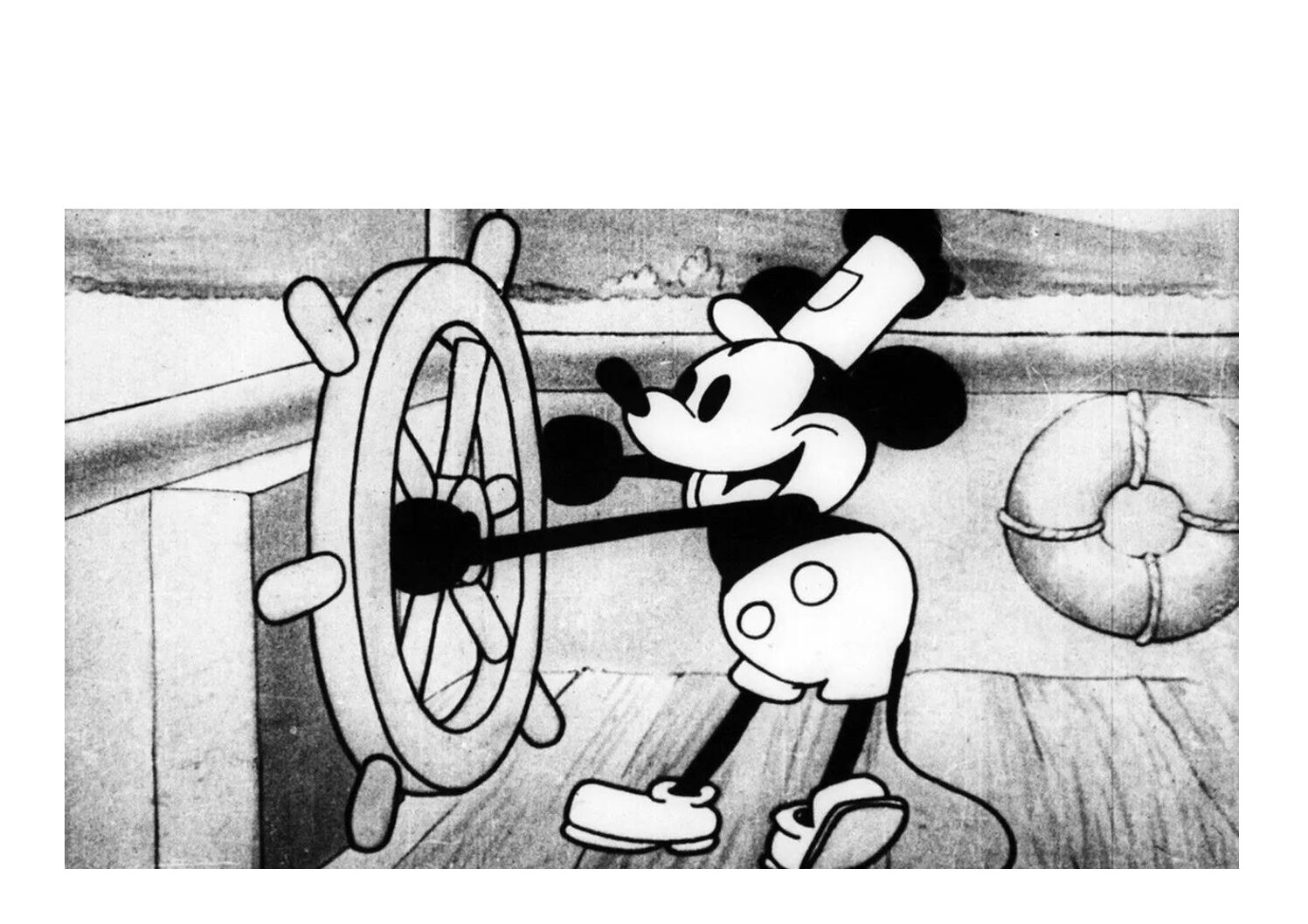A recent ruling by the Amsterdam District Court added another chapter to the legal battle between Red Bull and The Bulldog that has been going on for more than twenty years. The court has now ruled that Red Bull acted unlawfully against The Bulldog, in that it prevented the exploitation of “The Bulldog Energy drink”. So is the end of the battle finally in sight?
What preceded
The battle goes back to the late 1990s, when The Bulldog marketed energy drinks under the name “The Bulldog Energy Drink.” This was the subject of a dispute between Red Bull and The Bulldog in 2003. According to Red Bull, its trademark rights were infringed, which was subsequently litigated for twelve years. Red Bull applied a “strict and aggressive enforcement policy with regard to its exclusive trademark rights” as written in the first summons letter from 2003.
By judgment of January 17, 2007, Red Bull’s claims were dismissed. On appeal, a judgment dated February 2, 2010 reversed the district court’s judgment and The Bulldog was still banned from selling the energy drinks. Following service of the judgment, The Bulldog was ordered to cease its infringement of Red Bull’s trademark rights and thus the sale of the energy drinks bearing the “Bulldog” sign.
By judgment on February 13, 2015, the Supreme Court, after a preliminary reference to the CJEU, overturned the 2010 judgment and referred the case to the Court of Appeal of The Hague. On March 14, 2017, the court subsequently upheld the earlier judgment of January 17, 2007. As a result, there was again no infringement of Red Bull’s trademark rights by The Bulldog.
Unlawful conduct Red Bull
In the most recent lawsuit, in addition to damages, The Bulldog claimed that Red Bull acted unlawfully by indirectly preventing The Bulldog Energy Drink from operating. Specifically, by service of the 2010 judgment and its impending execution.
Based on established case law, it can be assumed that the party who, by threatening to execute a judgment declared provisionally enforceable, forced the other party to comply with that judgment before it has become res judicata, in principle acts unlawfully and is liable for damages if the judgment is set aside on appeal. Service of the judgment to initiate enforcement is in principle sufficient to assume that there has been a threat of enforcement . This strict liability for wrongful execution also applies when a court judgment is later overturned in cassation by the Supreme Court. Red Bull threatened the (unlawful) execution to The Bulldog during the same period when cassation could still be filed. The court ruled that with the execution being unlawful and the initial judgment upheld, Red Bull acted unlawfully towards The Bulldog.
Special circumstance: unlawfulness against In- en Verkoop B.V.
An interesting circumstance in this case is that The Bulldog also claimed damages for wrongful conduct against its In- en Verkoop B.V. (hereafter Sales). After all, Sales was not a litigant in previous lawsuits. Indeed, Red Bull was only informed by letter of February 16, 2011 that Sales was the de facto operator of The Bulldog Energy Drink.
Red Bull has disputed that the strict liability for wrongful execution of the 2010 judgment also applies against Sales, since this judgment was not issued to her. According to Red Bull, this means that Sales is not bound by the judgment. Moreover, Red Bull did not serve the judgment on Sales.
According to the court, wrongful execution does not require that execution measures already exist. The mere threat of execution is sufficient. The court considers that in general it cannot be said that wrongful execution also applies against a third party such as Sales, on whom the judgment has not been served. This requires that imminent execution is also present against that third party. The court ruled that under the circumstances in this case, strict liability for wrongful execution also applies with regard to Sales.
The court considered several circumstances relevant in this regard. Firstly, the 2003 letter stating that Red Bull is pursuing a strict and aggressive enforcement policy is relevant here. Moreover, it was reported at the time that Red Bull will initiate similar proceedings against The Bulldog in all other jurisdictions where it sells its infringing products. All distributors of The Bulldog have also received such summons letters. From this course of action and the litigation stance, according to the judge, it appears that Red Bull intended to stop the entire exploitation of the energy drink. In that light the court ruled that the threat of execution through the service of the judgment from 2010 was directed against every part of the company that manufactures and distributes The Bulldog Energy Drink, including Sales.
The question of whether the battle is finally over cannot yet be answered, but at least the end seems to be in sight. In addition to strict liability for wrongful execution, Red Bull’s threatened execution prevented Sales from operating The Bulldog Energy Drink. Specifically, this means that Red Bull is liable for damages suffered by Sales. The amount of damages will have to be determined in further proceedings.
This blog was written by Ramon van Zonneveld



